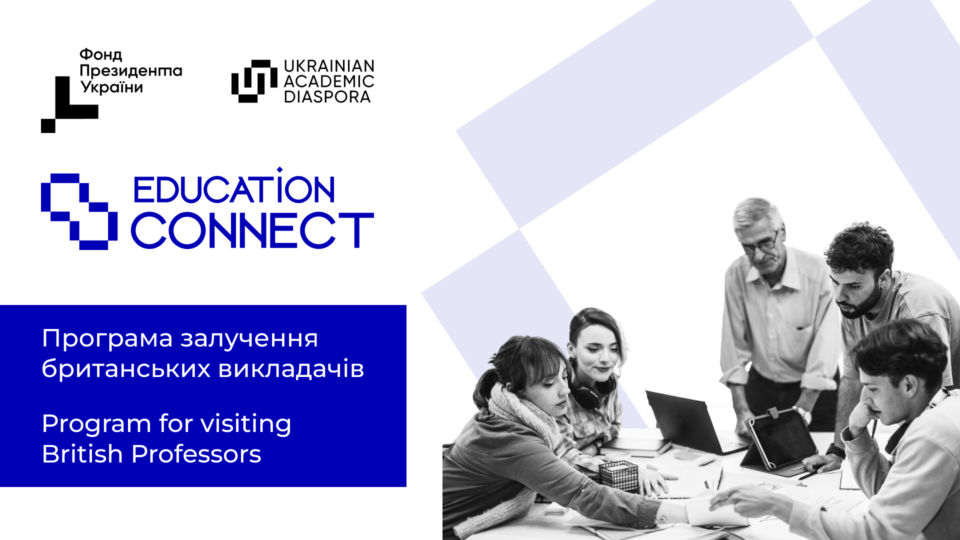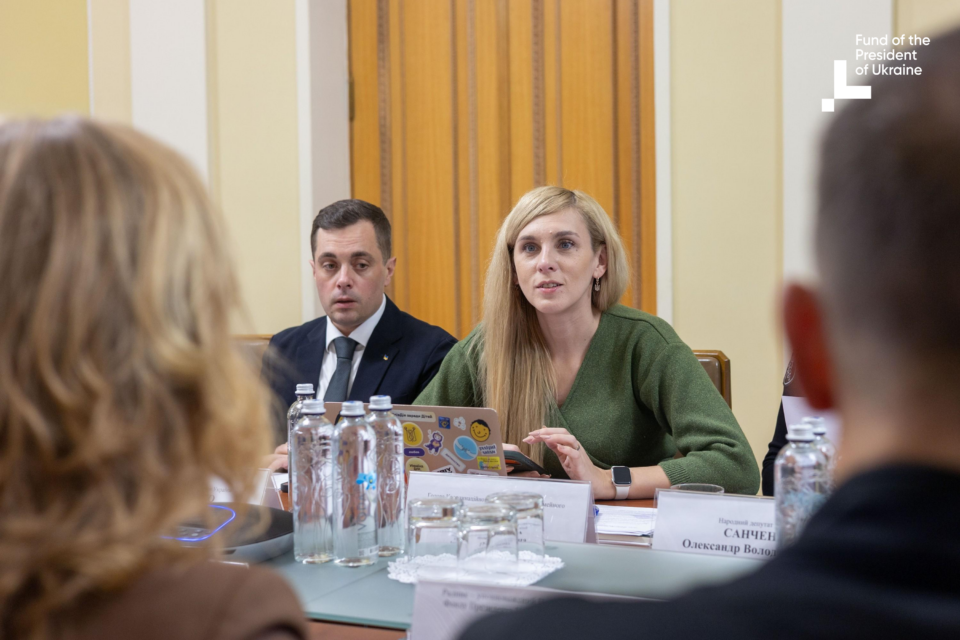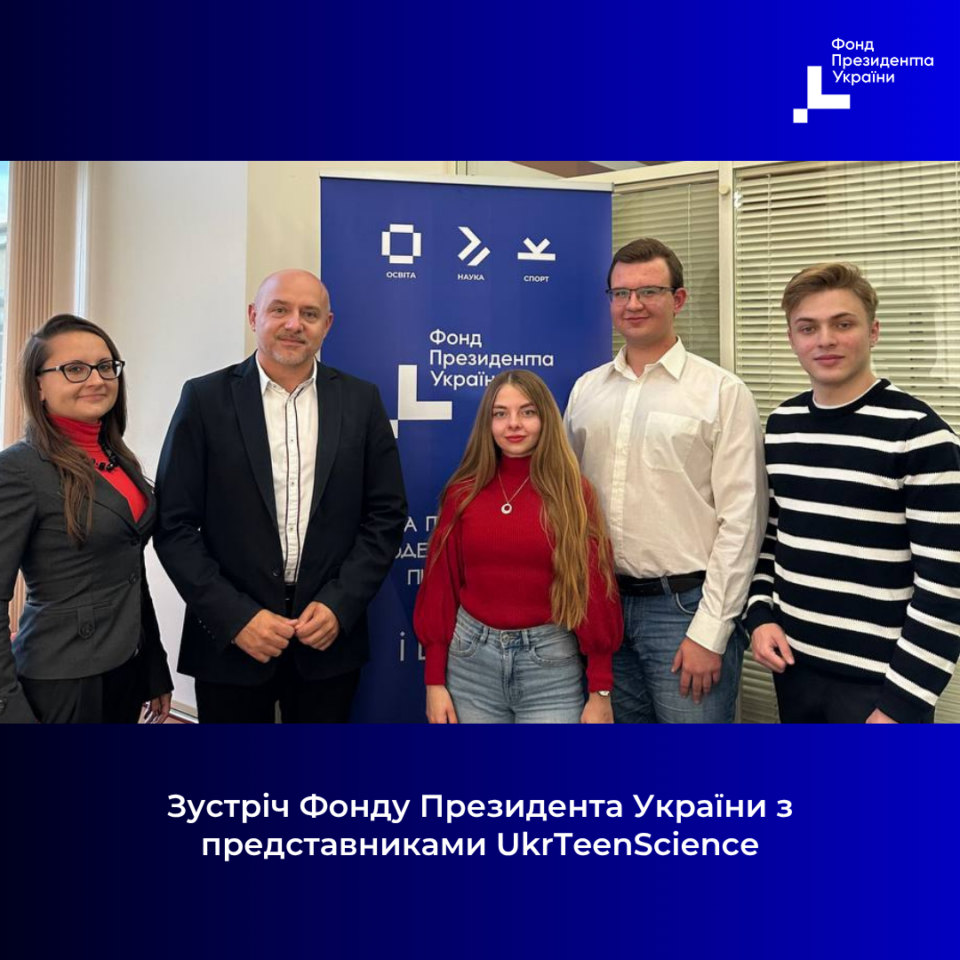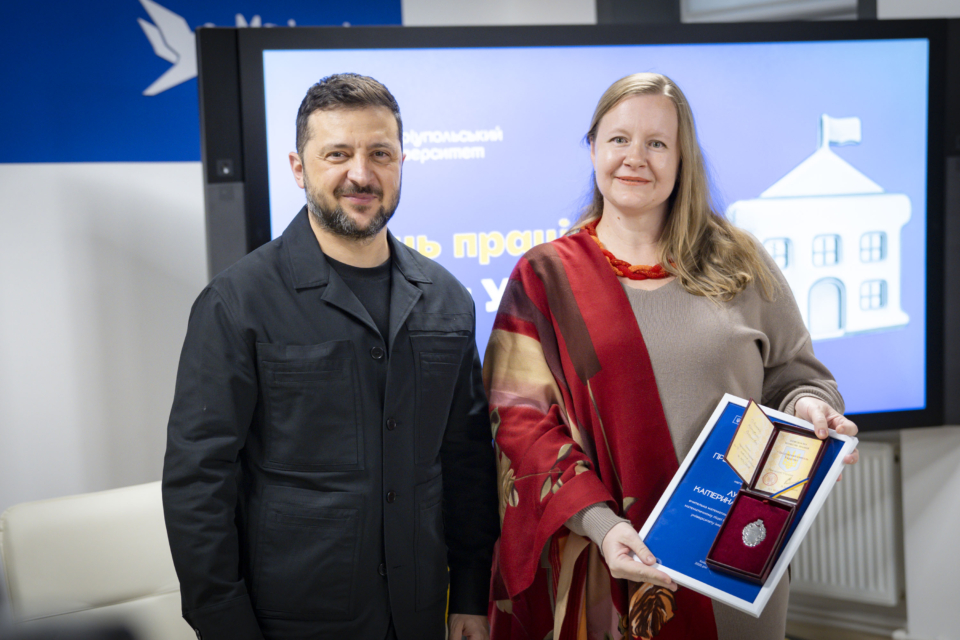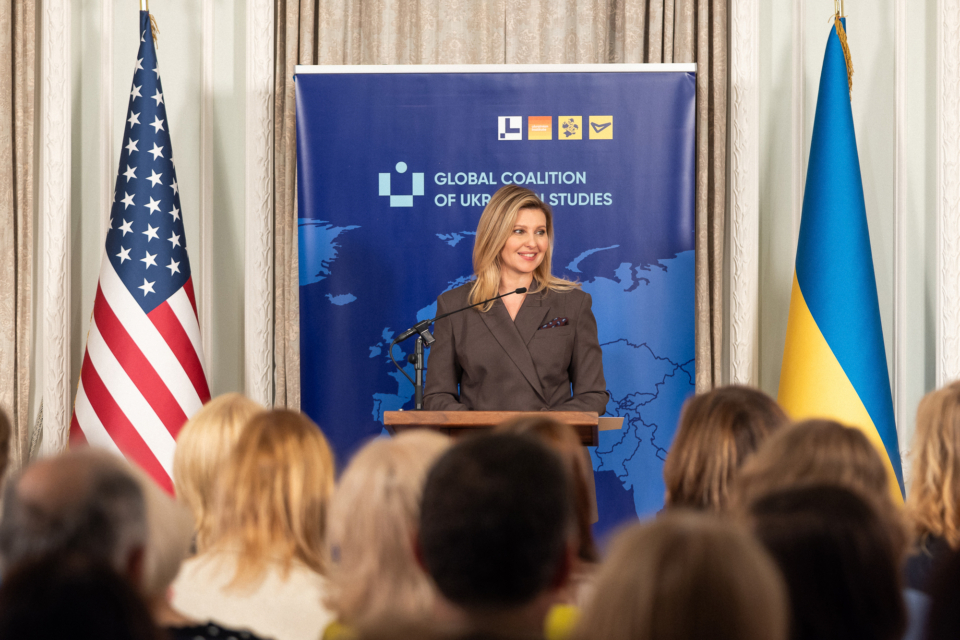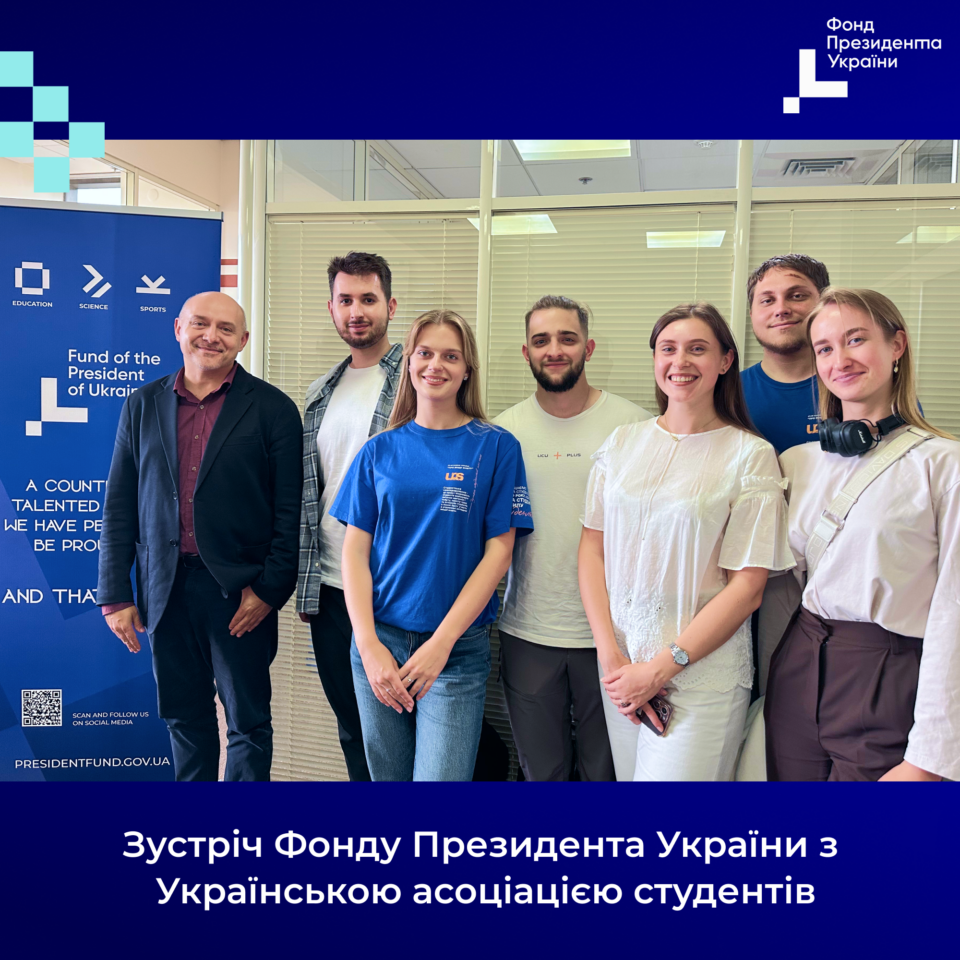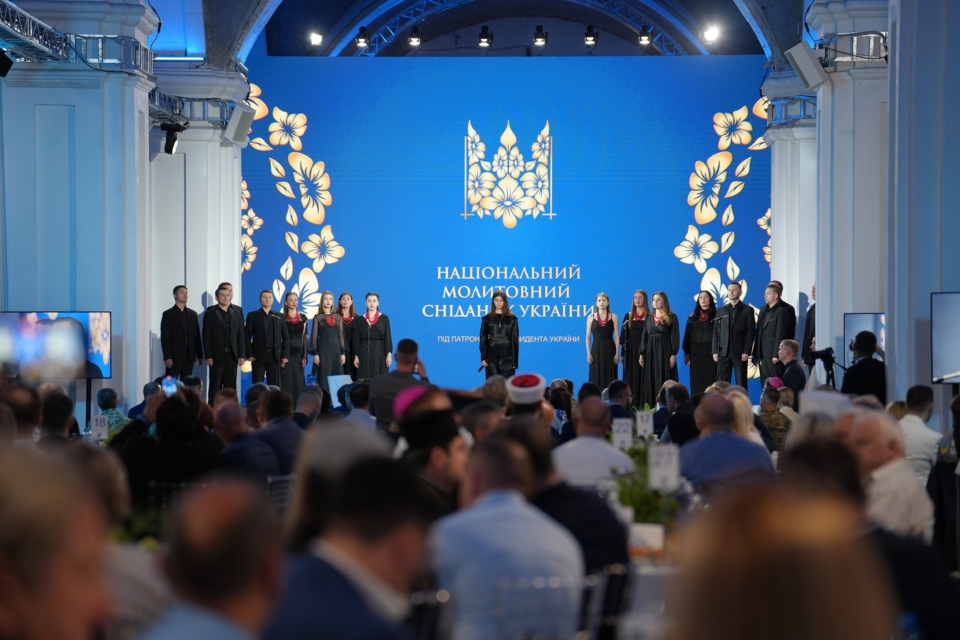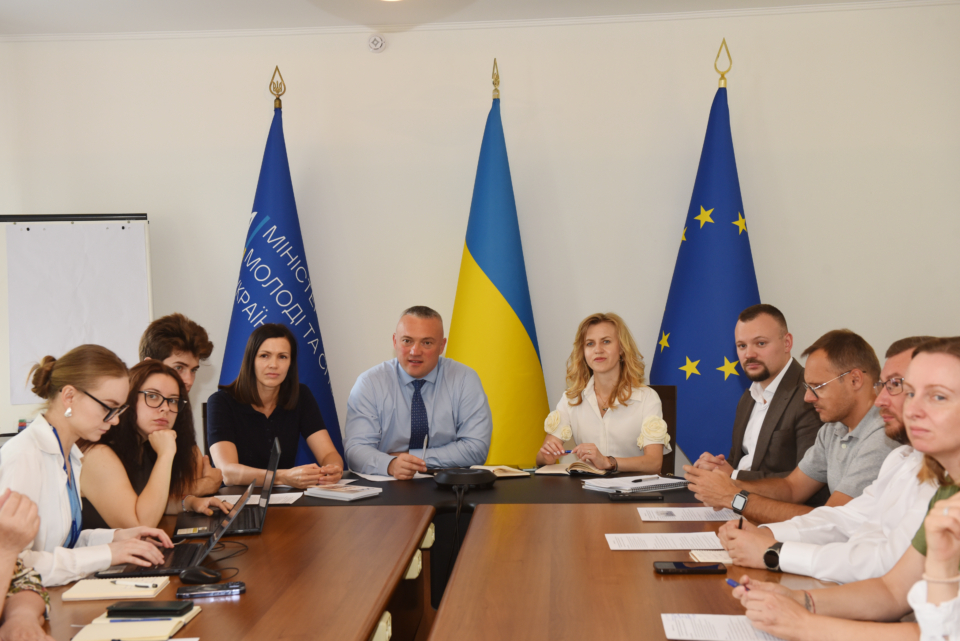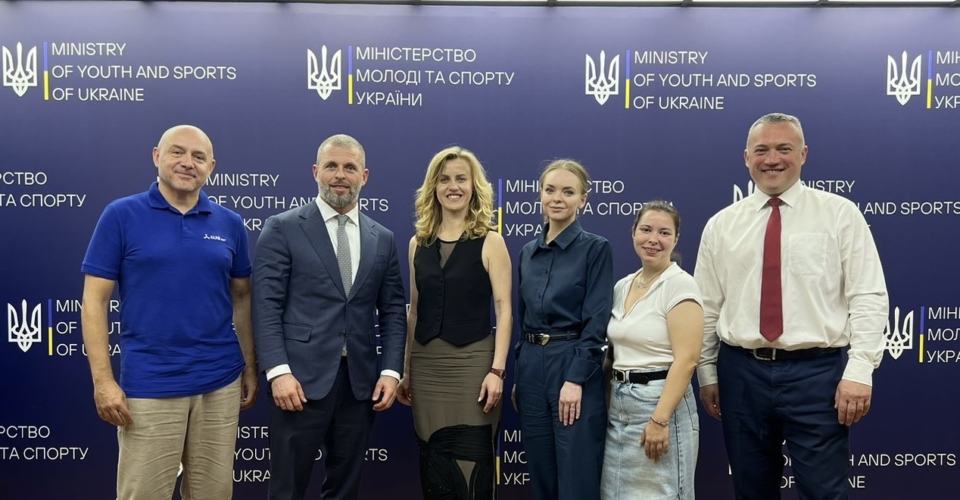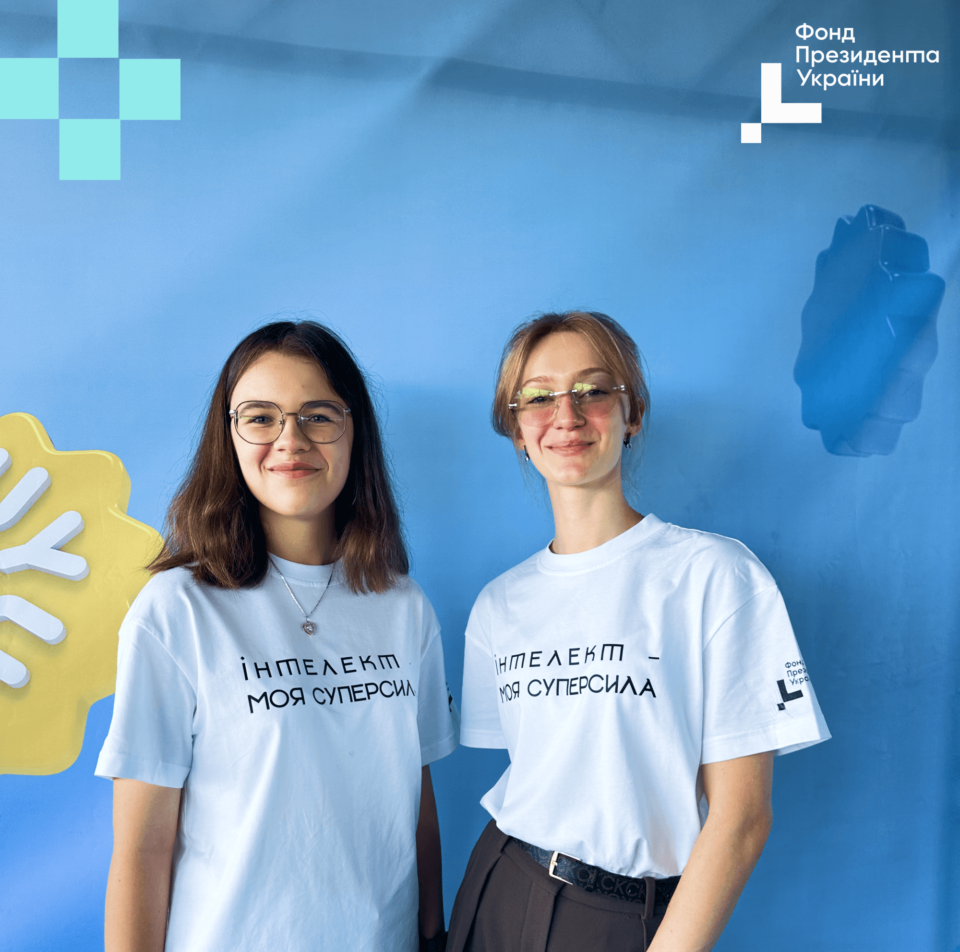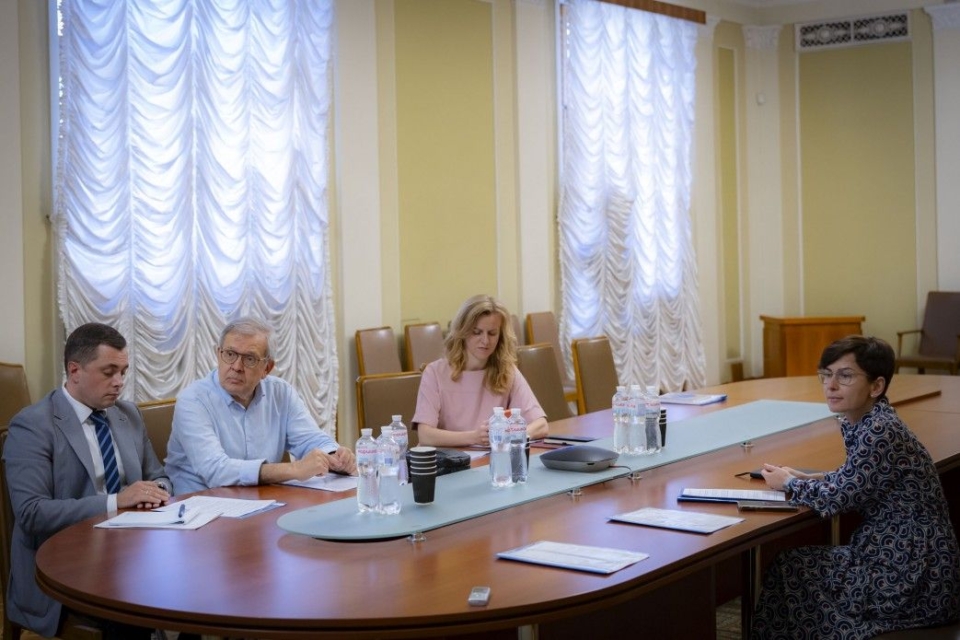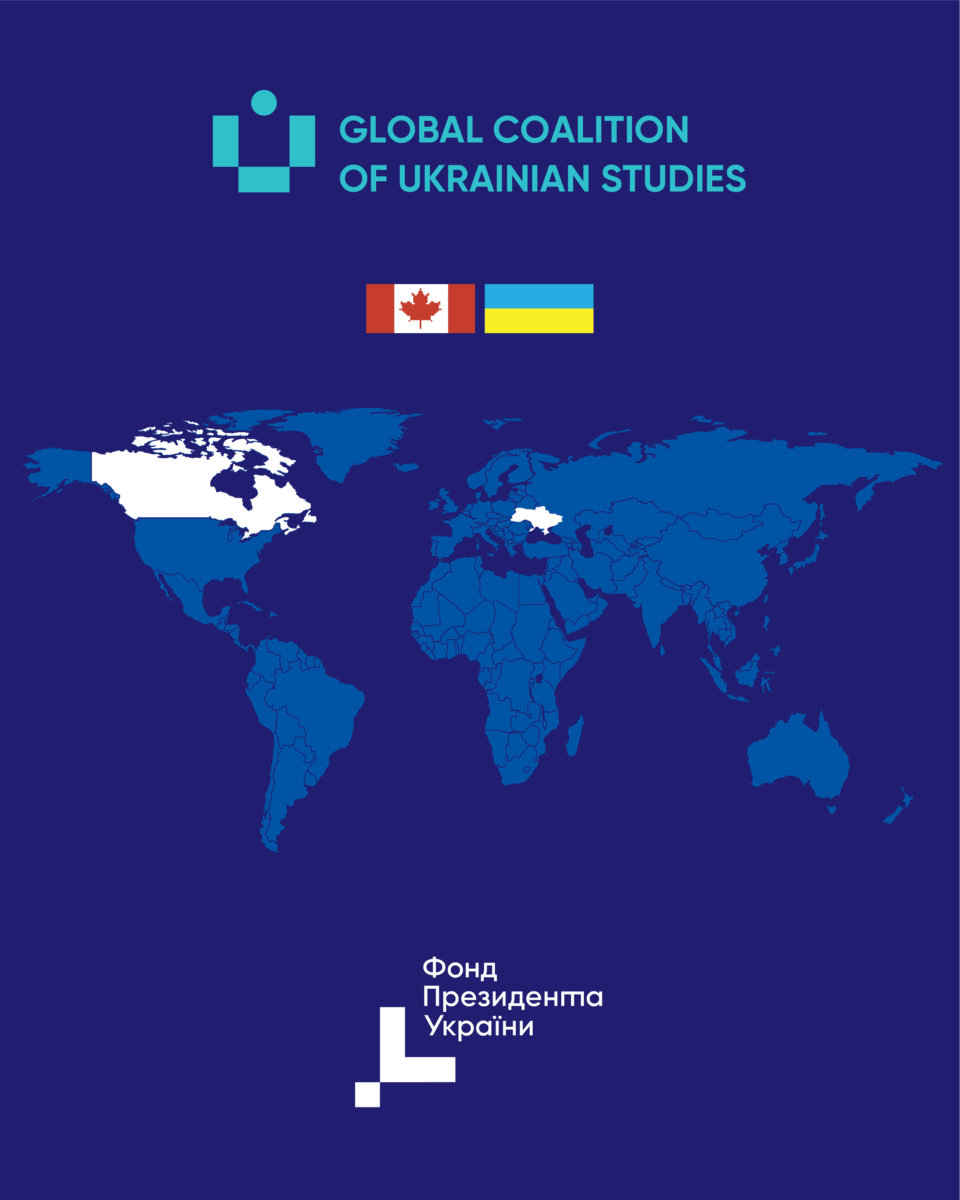Open lectures by world intellectuals in 5 cities of Ukraine became part of the Fifth Summit of First Ladies and Gentlemen
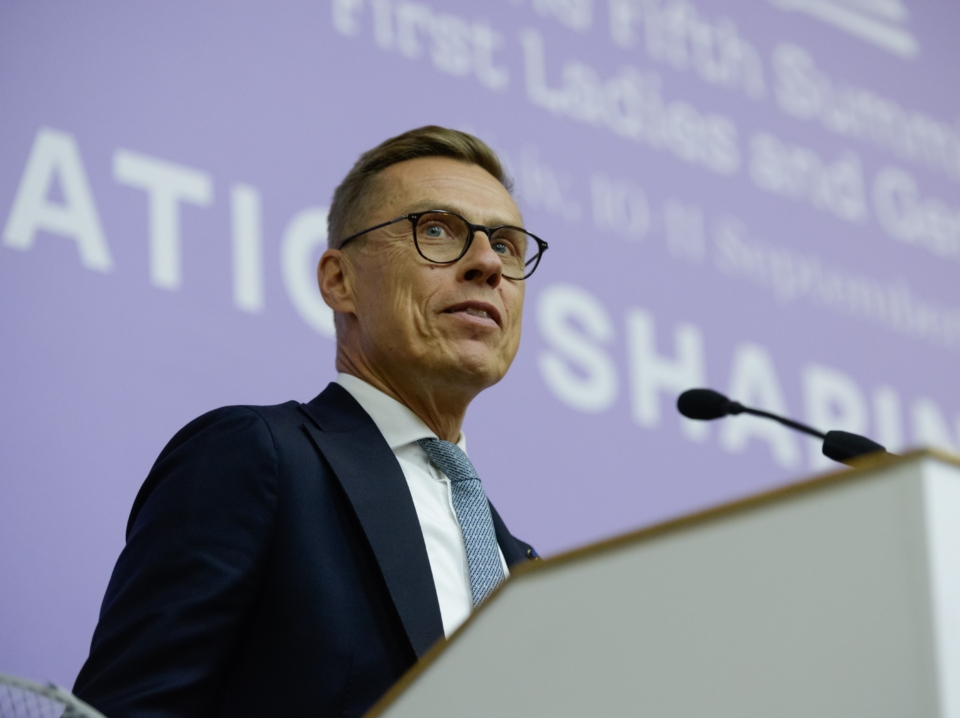
The anniversary Fifth Summit of First Ladies and Gentlemen went beyond the traditional format. It became not only an international event in Kyiv, but also a real educational marathon, which took place simultaneously in different cities of Ukraine.
The Foundation of the President of Ukraine for the Support of Education, Science and Sports joined the organization of the Summit for the second time, this year I was the co-organizer of the educational part of the program. Our task was simple and at the same time ambitious: to make this event affect not only diplomats and guests from 17 countries, but also Ukrainian students, teachers, children in schools and kindergartens.
The educational program of the Summit covered 5 cities — Kyiv, Kharkiv, Dnipro, Ivano-Frankivsk and Ostroh. Meetings, discussions and open lectures were held in 22 locations — from university auditoriums and school classrooms to kindergartens and museums.
A real “marathon of open lectures” was held at 12 universities, practically simultaneously, with the participation of leading world intellectuals, including three Nobel Prize laureates. In addition to the lectures, there were also lively discussions, as students could directly communicate with the speakers, ask their questions, and discuss complex topics.
Public lectures were held within the framework of the Summit with the participation of first persons and first ladies and gentlemen:
• President of the Republic of Finland Alexander Stubb spoke at the Institute of International Relations of the Taras Shevchenko National University of Kyiv and answered students’ questions in an open conversation format.
• First Gentleman of the Kingdom of Denmark Bo Tengberg gave a lecture at the Ivan Karpenko-Kary Kyiv National University of Theater, Cinema and Television and held a discussion with students.
• The First Lady of the Republic of Estonia, Sirie Karis, spoke at the National Art Museum of Ukraine and shared her own experience in a dialogue format with the audience.
• The First Lady of the Republic of Lithuania, Diana Nausėdenė, gave a lecture in the Red Building of Taras Shevchenko National University of Kyiv, where she actively communicated with students and teachers.
In total, 9 leading researchers from universities in Europe and the USA gave lectures at 9 Ukrainian universities.
Among them were 3 Nobel Prize laureates who spoke online or offline and communicated with students.
• The lecture at the National Technical University of Ukraine “Igor Sikorsky Kyiv Polytechnic Institute” was given by Sir Paul Nurse (Great Britain), winner of the Nobel Prize in Physiology or Medicine in 2001.
• Shirin Ebadi (Iran), Nobel Peace Prize laureate in 2003, spoke at the National University of Ostroh Academy.
• Ouidet Bouchamaoui (Tunisia), Nobel Peace Prize laureate in 2015, addressed the students of the National Technical University of Dnipro Polytechnic.
• Their lectures and live communication with the students were also held by:
Ian Wiggins (Great Britain), Director of International Relations of the Royal Society, at the Kyiv School of Economics;
• Dominik Brodovsky (Germany), Professor and Vice President of Saarland University, at Mariupol State University (temporarily in Kyiv);
• Serhiy Plokhiy (USA), Professor of Harvard University, at the National University of Kyiv-Mohyla Academy;
• Dr. Anthony Manning (Great Britain), Dean of the University of Kent, at Kherson State University (online);
• Bohuslav Marek (Poland), Professor of the John Paul II Catholic University of Lublin, at the Vasyl Stefanyk Carpathian National University;
• Iryna Lysova (France), Researcher at the University of Strasbourg, at the V. N. Karazin Kharkiv National University (online).
For foreign guests, it was an opportunity to see Ukrainian education in wartime conditions, as all lecturers were warned and ready to continue classes even in shelter in the event of an air raid. They felt the realities of wartime, in which the educational process takes place today. For Ukrainian students, it was no less important an experience — a feeling that despite the war, they remain part of the global academic community.



